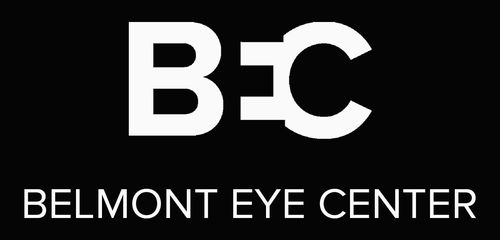
Approximately 2 million Americans have glaucoma, an eye condition that causes vision loss and potentially blindness. Often referred to as the “silent thief of sight,” glaucoma often occurs with no early symptoms. In honor of National Glaucoma Awareness Month, New York eye surgeon Dr. Sandra Belmont shares information on glaucoma, including how you can raise awareness on the condition.
ABOUT GLAUCOMA
Vision loss from glaucoma is caused by damage to the optic nerve, which is responsible for carrying images from the eye to the brain. There are two main types of glaucoma: primary open-angle glaucoma and angle-closure glaucoma. Open-angle glaucoma, the most common form of the condition, is painless and can gradually reduce a person’s peripheral vision. By the time a person with open-angle glaucoma notices vision loss, permanent damage has most likely already occurred. Angle-closure glaucoma is a rare form of the condition and occurs when something blocks or covers the eye’s drainage channel. Individuals with angle-closure glaucoma can experience sudden, painful symptoms including eye pain, headaches, halos, dilated pupils, vision loss, red eyes, nausea and vomiting. If you experience these symptoms, you must go to an emergency room immediately. These symptoms may last a couple of hours before leading to blindness.
RISK FACTORS FOR GLAUCOMA
So who is at risk for glaucoma? Anyone can develop the eye condition but individuals at higher risk include those who:
- Are of African, Asian or Hispanic descent
- Are over age 60
- Have a family history of glaucoma
- Are diabetic
- Are severely nearsighted
HOW TO RAISE AWARENESS
The National Eye Institute estimates that over 4 million Americans will have glaucoma by 2030. Because glaucoma often begins without any symptoms, early detection and treatment are essential in prolonging eyesight. During National Glaucoma Awareness Month, you are encouraged to help spread awareness on glaucoma, including the importance of eye exams in detecting the condition. If you have family or friends who are at high risk of glaucoma, encourage them to schedule a comprehensive eye exam. There are also several fundraising events taking place to raise money for glaucoma research.
Although glaucoma is not curable, it can be treated. Dr. Belmont offers medication treatment and laser eye surgery for glaucoma. Upon evaluating your symptoms and the severity of the case, Dr. Belmont can recommend a proper treatment option.
To learn more about glaucoma, including treatment options, or to schedule a comprehensive eye exam, please call Belmont Eye Center at (212) 486-2020.